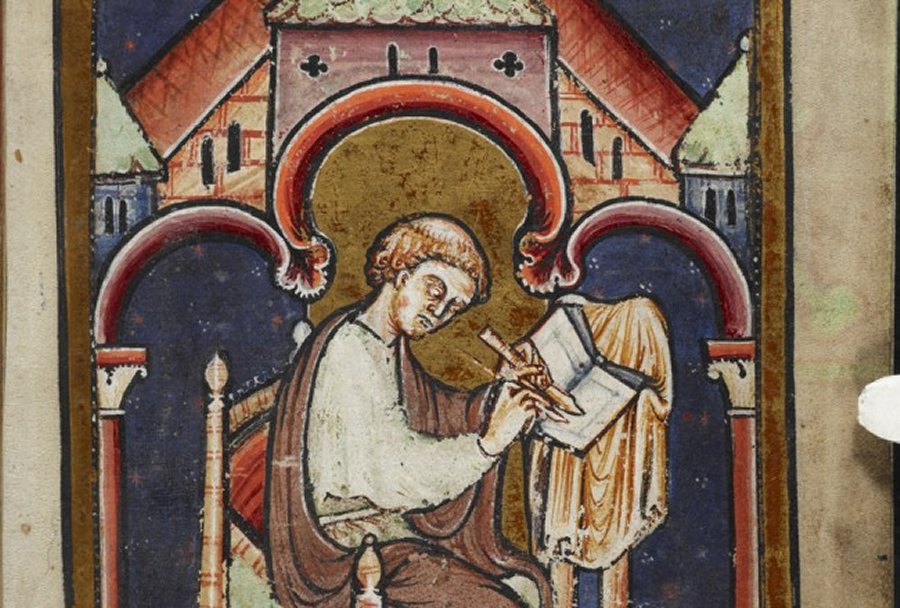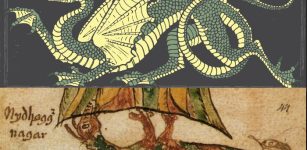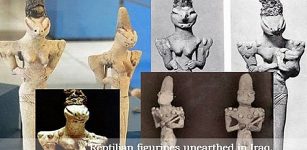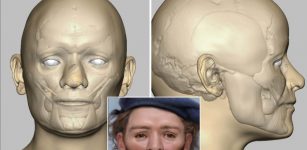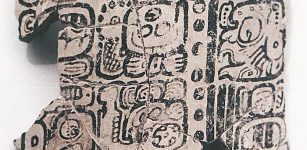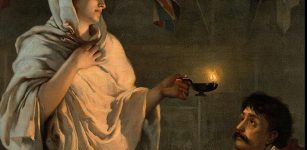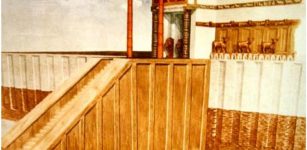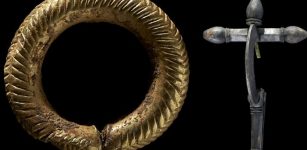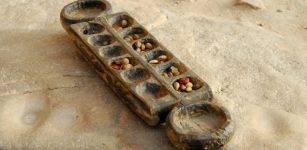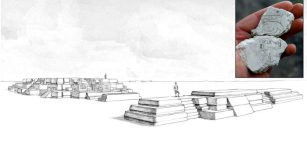On This Day In History: Feast Day Of The Venerable Bede – Remarkable Priest, Monk And Scholar – On May 25, 735
AncientPages.com - On May 25, 735, it's a feast day devoted to the Venerable Bede (also known as St Bede) was a remarkable priest, monk, and scholar.
This great person died on this day and is, until today, considered one of the most learned men of his time and a major influence on English literature.
Credit: Public Domain
Bede was a monk who became the first British historian. He is widely regarded as the most prominent of all the Anglo-Saxon scholars. He lived and died in between the twin monasteries of Wearmouth and Jarrow in the North East of England between 673 and 735 AD. Bede wrote or translated some forty books on practically every area of knowledge, including nature, astronomy, and poetry.
He also wrote the first martyrology (a chronicle about the lives of the saints). However, his most famous writing was on theology and history and his best known work is The Ecclesiastical History of the English People.
HISTORIA ECCLESIASTICA is devoted to a history of the English Church and people, which he completed in 731. The book is about Christianity in England up to 729 and is a primary source of early English history. It tells of the invasion of the Anglo-Saxon tribes and their eventual conversion to Christianity.
It recorded events in Britain from the raids by Julius Caesar of 55-54 B.C., to the arrival in Kent of St. Augustine, in 597 AD, and other sources can confirm the accuracy of his work.
Credit: Public Domain
Therefore his work is considered a trustworthy account of historical events.
In his another book, De temporibus, 'Concerning Time', he wrote his view of the cosmos, including a description of how the spherical earth influenced the length of daylight, and how the motion of the sun and moon influenced the appearance of the moon and caused it to wax and wane.
Bede – who is called "the Venerable" to acknowledge his wisdom and learning, the title was formalized at the Council of Aachen in 853 - was born near St. Peter and St. Paul monastery Wearmouth-Jarrow, England.
Nothing is known of Bede's parentage or his early life. All that is known is that, at the age of 7, he was taken to the Monastery of St. Peter, at Wearmouth by Abbot Biscop, to whose care he was entrusted. By 685, he was moved to Biscop's newer Monastery of St. Paul at Jarrow. He was ordained a deacon when aged 19 and a priest when 30.
Apart from visits to Lindisfarne and York, he never left his monastery. We know this from a note he added to his final piece of writing.
His writings are a veritable summary of the learning of his time. They include commentaries on the Pentateuch and various other books of the Bible, theological and scientific treatises, historical works, and biographies.
He was a careful scholar and distinguished stylist, the "father" of English history, the first to date events anno domini (A.D.), and in 1899, was declared the only English Doctor of the Church. He died in Wearmouth-Jarrow on May 25.
AncientPages.com
Expand for references
